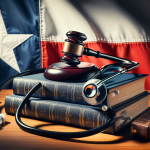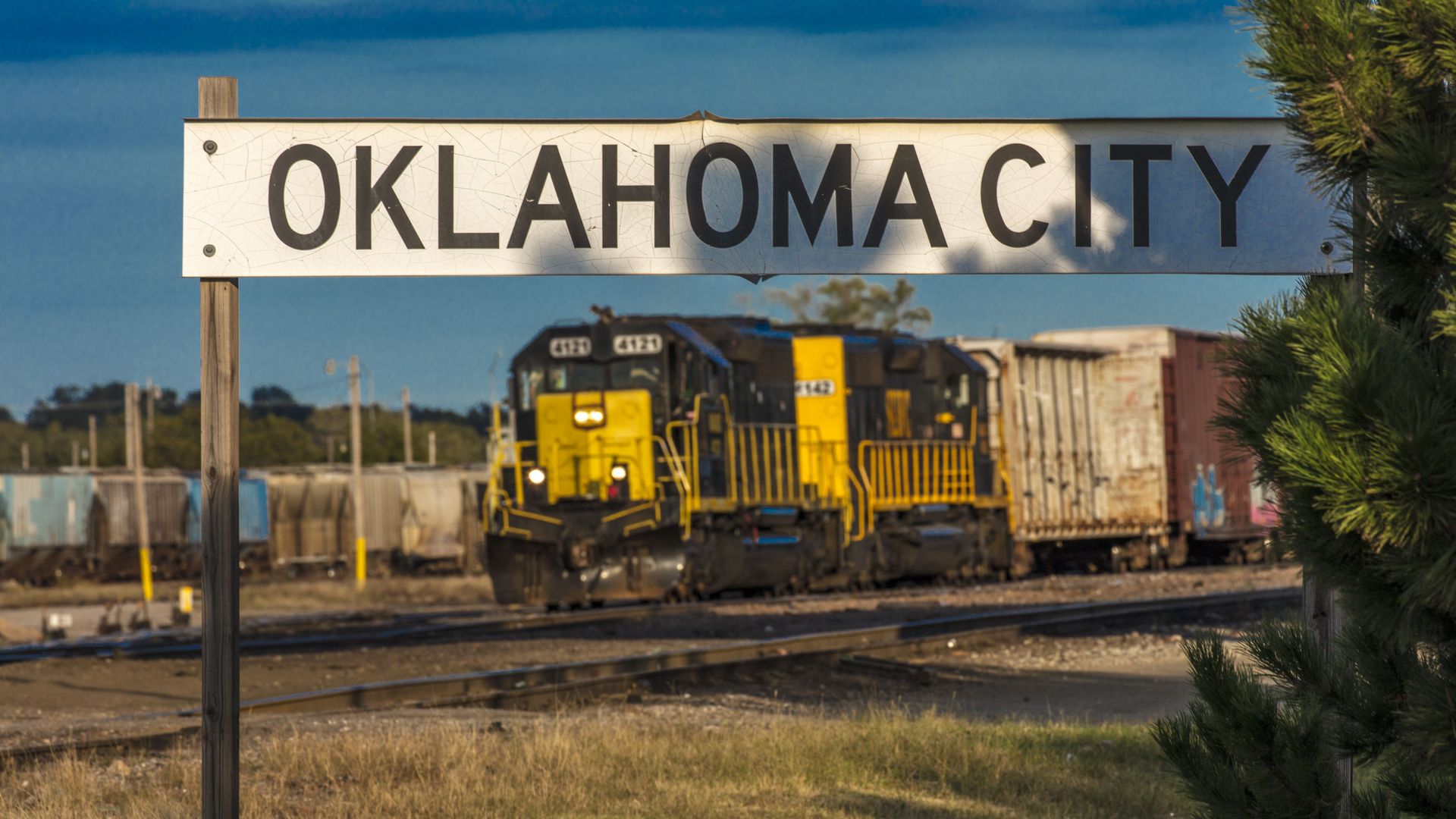U.S. Supreme Court appears open to allowing religious charter schools in pivotal Oklahoma case

Supreme Court Deliberates on Religious Charter School in Oklahoma
The U.S. Supreme Court, showcasing a conservative majority, recently deliberated on the potential establishment of the nation’s first religious charter school in Oklahoma. This case tests the boundaries of state-funded religious education under the Constitution.
Oklahoma’s Religious Charter School Controversy
The St. Isidore of Seville Catholic Virtual School was initially approved by an Oklahoma state board to operate as a publicly funded charter school starting in 2023. However, the Oklahoma Supreme Court intervened, blocking the school’s opening by ruling that a religious charter school violates the constitutional separation of church and state.
The U.S. Supreme Court, influenced by its conservative leanings, agreed to hear an appeal against this decision. Notably, Justice Amy Coney Barrett recused herself due to her connections with two legal groups supporting St. Isidore.
Arguments and Perspectives in the Supreme Court
During the oral arguments, the Court’s liberal justices expressed skepticism about the constitutionality of a charter school adopting a religious identity. Justice Elena Kagan highlighted the broader implications of allowing publicly funded religious schools across the nation.
|
Conversely, Justice Brett Kavanaugh, representing the conservative faction, criticized the exclusion of a charter school on religious grounds as discriminatory. He argued that including faith-based institutions in charter school funding would enhance, rather than restrict, educational choices in public education.
The school’s unique founding contract, which pledges adherence to state regulations and non-discrimination laws only as far as Catholic doctrine permits, was a point of contention. Justice Ketanji Brown Jackson noted that this arrangement does not seek the same public benefits as other institutions, highlighting a fundamental difference from previous cases where religious schools received government grants.
The Role of St. Isidore and Its Supporters
The Archdiocese of Oklahoma City and the Diocese of Tulsa, who applied to open St. Isidore, aim to provide an online Catholic education accessible statewide, especially beneficial to rural areas lacking physical Catholic schools. Despite its religious foundation, the school would be open to students of all beliefs, although they would be required to learn Catholic doctrines and follow rules based on church teachings.
Leaders from the Oklahoma City Archdiocese and Tulsa Diocese expressed their gratitude for the Supreme Court’s consideration and hoped for a ruling that supports religious liberty and parental choice in education.
Legal Arguments and Opposition
Representatives from the Alliance Defending Freedom and Deckert LLP argued that charter schools, like private entities contracting with the state, should have the freedom to include religious elements. They contended that excluding religious groups from such programs is a violation of the Constitution.
Oklahoma Attorney General Gentner Drummond, however, has led the opposition, arguing that funding a religious charter school is unconstitutional and could lead to undesirable precedents. This stance is somewhat at odds with other Republican leaders in Oklahoma, including Gov. Kevin Stitt, who strongly supports the school’s opening, emphasizing that it represents an expansion of choice and freedom in education.
Gov. Stitt, speaking outside the Supreme Court, expressed confidence in a favorable ruling, citing it as a matter of common sense.
Potential Impact of the Court’s Decision
The decision, expected by the end of June, could have significant implications for the charter school landscape across the United States. Advocates for charter schools like Starlee Coleman, president of the National Alliance for Public Charter Schools, expressed concerns that a ruling in favor of St. Isidore could disrupt charter school programs in states opposed to funding religious education.
This case not only tests the limits of religious freedom in education but also challenges the definitions and expectations of public schooling in America.









No Comments